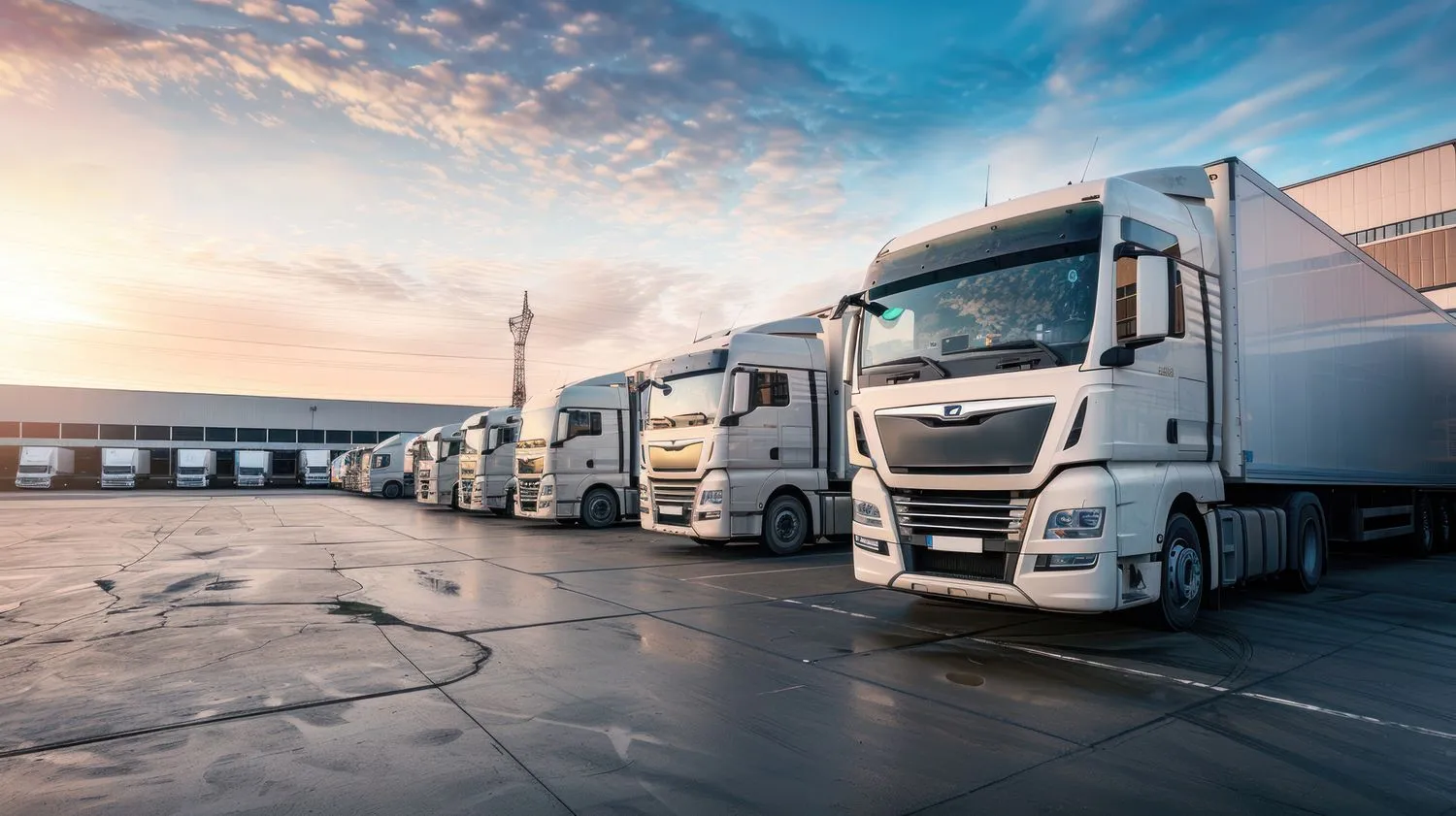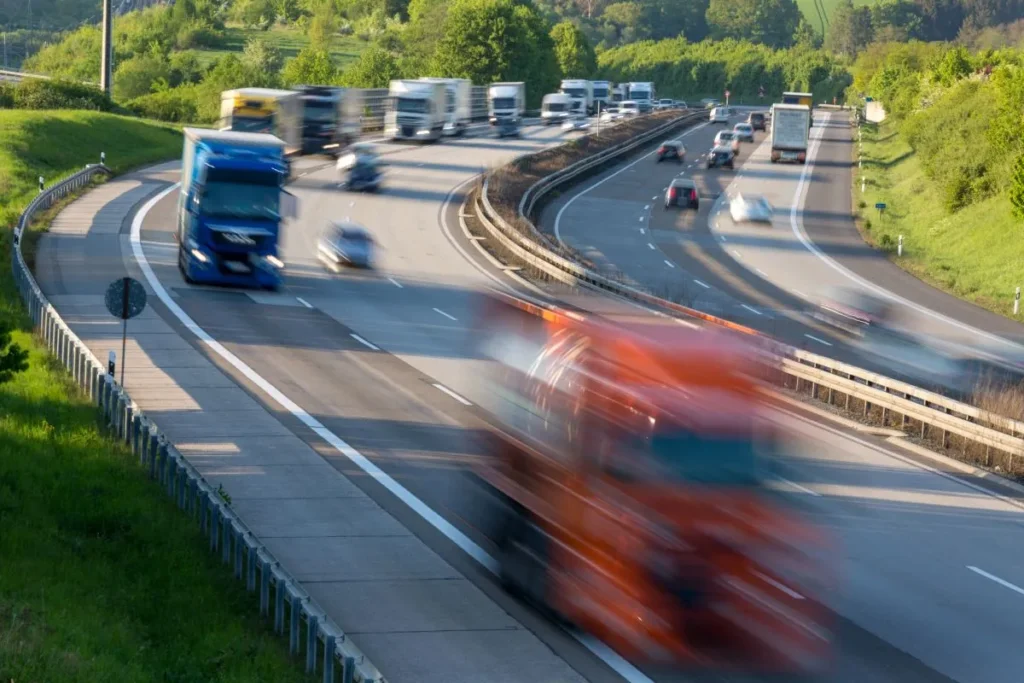The regulations came into force just as the autumn transport peak was approaching. Demand for transport is rising, but the share of vehicles meeting the requirements has not kept pace. Many hauliers left tachograph upgrades to the last minute, resulting in long queues at workshops and extended waiting times for installation.
Heavy penalties across Europe
The rules are far from a formality. EU member states have introduced strict fines for non-compliance with the second-generation smart tachograph requirement:
- France – fines up to €30,000 and possible impoundment of the vehicle until the device is installed
- Spain – fines from €2,000
- Ireland – up to €5,000 and up to six months in prison
- Germany – fixed penalty of €1,500
- Poland – administrative fines up to PLN 12,000 and immobilisation of the vehicle for up to seven days
- Italy – fines from €866 to €3,464
The message is clear: trucks without G2V2 devices cannot legally cross EU borders. The deadline (18 August) has already passed, leaving thousands of vehicles across Europe unable to operate on international routes.
Although the sanctions officially target carriers, the knock-on effects are being felt by freight forwarders and shippers in the form of unused slots, missed deliveries and dissatisfied customers.
A tool to safeguard supply chains
In this context, knowing which carriers are compliant is essential. Trans.eu offers visibility and access to operators already meeting the requirements. The platform:
- has verified more than 25,000 G2V2-equipped carriers
- enables users to filter offers by compliance
- provides smart matching tools to accelerate bookings
- gives full visibility of carrier readiness and legal conformity
- is designed specifically for international road transport
This allows freight forwarders to book with confidence and avoid the risk of working with carriers unable to operate legally.
Further regulations on the horizon
The August requirement is only the beginning. From 2026, the rules will also apply to smaller vehicles between 2.5 and 3.5 tonnes used in international transport. Driver cards are also being updated, and further digitalisation measures are expected in the coming years.
Forwarders who are already building networks around verified, compliant carriers will be in a stronger position to adapt.
Don’t delay adaptation
The shortage of G2V2-equipped vehicles is already evident. Waiting to adjust to the new rules risks delivery delays, strained client relationships and potential contract losses.
Through Trans.eu, freight forwarders can access a continually growing pool of carriers ready for Smart Tacho 2.0, ensuring transport continuity despite the tighter restrictions.










